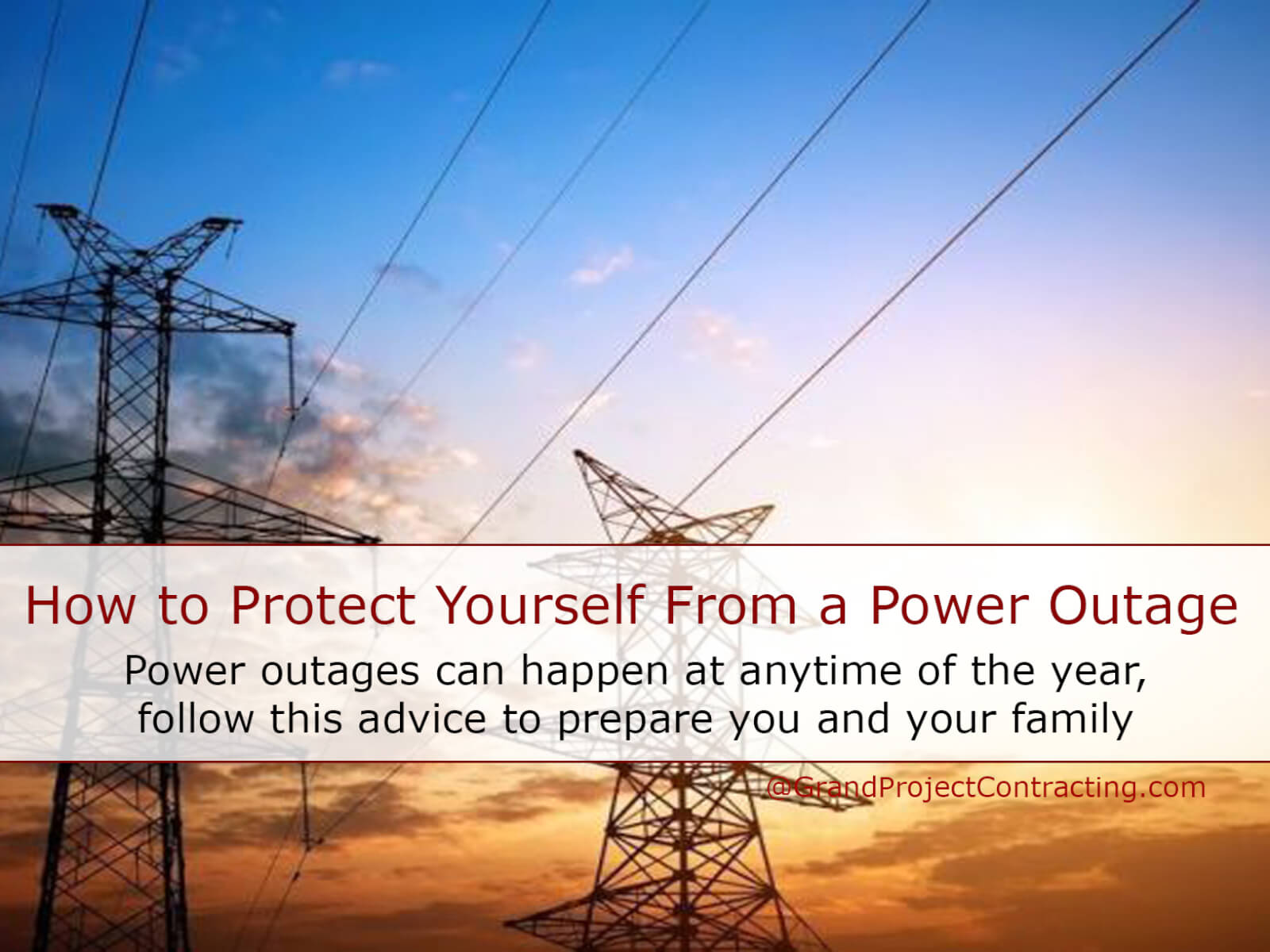People often think power outages occur in the winter season. While that’s true since they’re often caused by snow and ice storms, power outages are pretty common in the spring and summer seasons.
What can cause power outage and how to handle it properly:
High winds and hurricanes
High winds that have the power to blow tree limbs across power lines causing them to touch can lead to a power outage. They even have the ability to break the power lines and poles, leaving a lot of electrical damage in a neighbourhood.
Rain and flooding
Spring rainfalls might be great for the garden or flowers, but heavy rains have the potential to cause flooding. Flooding can damage both above-ground and underground electrical equipment. With major damage like that, it could lead to rolling power outages in neighbouring areas.
Small animals
When the warm weather arrives, there’s an influx of animals outdoors. It’s not uncommon to see more raccoons, squirrels and the like outdoors. When these animals climb on electrical equipment, such as transformers, they may accidentally turn off the electrical current, disrupting power.
Protect yourself from a power outage
Since power outages can happen at anytime of the year, especially in the upcoming spring season, follow this advice to prepare you and your family:
Keep a stash of alternative lighting objects
Candles and flashlights should be kept in an accessible area of your home in the event of a power outage when there’s little to no light. They’ll provide you with the light you need while your local electrical authority works to repair the problem.
Build a first aid kit
Anything can happen during a power outage, including an emergency. If the power goes out at night, you may injure yourself finding your way around your home. Your first aid kit should have bandages of different sizes, antiseptic solution, tape and pain medicine.
Your first aid kit should also include other essentials, such as batteries. They’ll keep your flashlights powered until the power turns back on.
Carry a self-powered radio
A self-powered radio will help you stay informed about what’s happening in your area. In the event of inclement weather, evacuations or other announcements, having a radio to listen to the news is key.
Use a car charger to power your cellphone
If it’s just your neighbourhood that’s lost power and your home is getting cold, reach out to family or friends so you can take shelter with them. Use you car charger to charge your cell phone and stay in touch with them. However, be careful not to drain your car’s battery.
Stock up on canned foods and water
If inclement weather is causing a power outage, it might be dangerous to travel outdoors. You should have enough food to feed your family for a week. Good food sources include canned soups and vegetables.
It’s also important to store a large supply of water to keep you hydrated.
When the power is back on, be wary of using flooded appliances. Have a qualified electrician check switch boxes or breaker panels to ensure it’s safe to use. Always keep an electrician’s number handy in the event of an electrical emergency.
Power outages are common any time of year, which is why you should always be prepared for the unpredictable!



